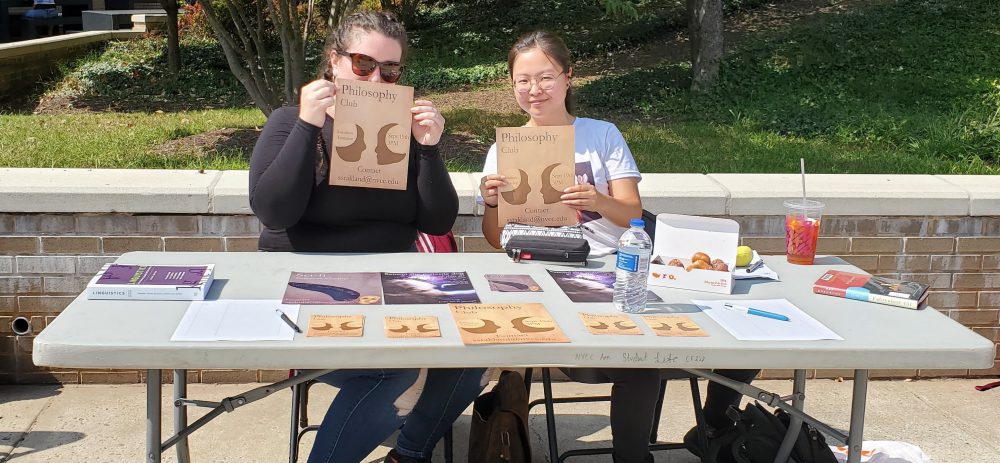As a student, sometimes it’s easy to forget that there is life beyond school. Writing papers, taking tests, group projects each take up so much physical and mental energy that, often, it seems as if there is no room for anything else. But making time for enjoyment is crucial in staying motivated to continue working towards your academic and professional goals. Doing something fun can refresh your mind, help you generate new ideas, recharge your motivation, and help you perform in school with more vigor. Dedicate at least one complete day of the week to do things purely because they make YOU feel good. If you cannot take an entire day, devote a few hours on a specific day for that purpose each week.
There are endless options when it comes to entertaining oneself that you can try. Explore new interests, try a new recipe, play a new game, catch up on your favorite T.V. show, be with friends/family, take a nap. You can even link with those who share common interests (MeetUp is a great way to find local common interest groups and activities) and find discounted, exciting activities and trips (LivingSocial is a great place to start) to enjoy. Push yourself out of the box and be more than just a student. Life is a gift, use it well and get the most out of all it has to offer. Namaste.
–Jennifer, NOVA Online Student Success Coach




